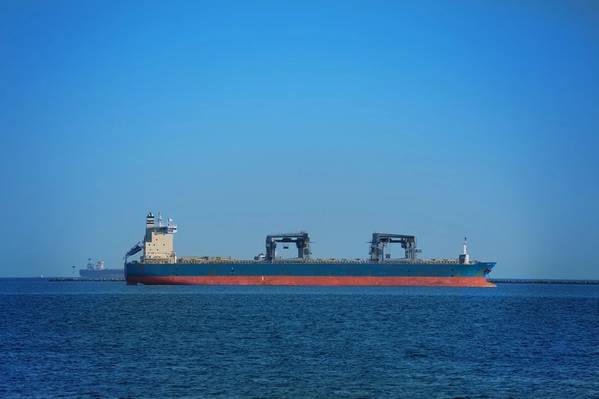
The Baltic Exchange's main sea freight index slid for a 12th straight session on Thursday, hitting a six-month low, as reduced seasonal demand dragged down vessel rates across segments.
* The Baltic index, which tracks rates for capesize, panamax and supramax vessels that ferry dry bulk commodities, dropped 70 points, or 5.7%, to 1,151 — its lowest level since June 19.
* The capesize index declined 127 points, or 6%, to 1,976 — the lowest in over six months.
* Average daily earnings for capesizes, which typically transport 170,000-180,000 tonne cargoes including iron ore and coal, fell $1,120 to $14,575.
* General activity has slowed down from Australia and Brazil, an Oslo-based shipping analyst said.
* Also, the coal trade in the Pacific has become less active this week, after a pretty busy time over the last 2-3 weeks, indicative of a seasonal slowdown towards the end of the year, the analyst added.
* The panamax index fell 75 points, or 5.6%, to 1,265, marking its lowest level in three weeks.
* Average daily earnings for panamaxes, which usually carry coal or grain cargoes of about 60,000 tonnes to 70,000 tonnes, decreased $601 to $10,129.
* The supramax index fell 21 points to 764.
(Reporting by Anjishnu Mondal in Bengaluru; editing by Uttaresh.V)




